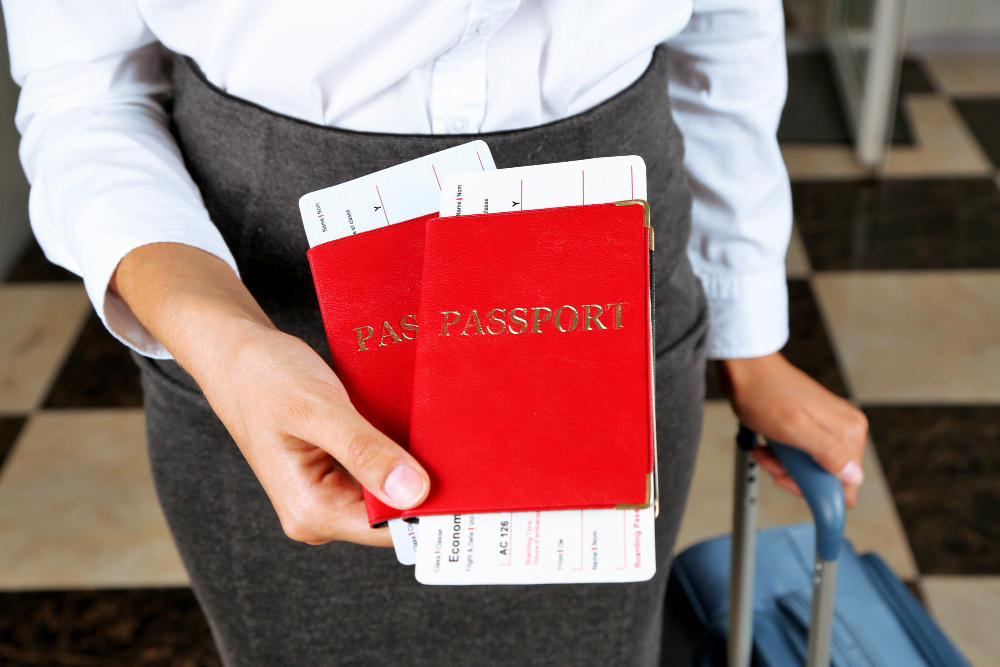Germany plans to streamline the processes for applying for ID cards and passports.
**Key Points:**
- Germany has opted to modernize the application procedures for ID cards and passports.
- Significant reductions in bureaucratic obstacles are expected for individuals seeking these documents after naturalization.
- The requirement for submitting traditional paper-based passport photos will soon be eliminated.
Germany's government has endorsed alterations to the ID card and passport application process, aiming to minimize bureaucracy and advance digitalization. These adjustments are geared towards enhancing accessibility and convenience for all German citizens. Upon the implementation of these new regulations, individuals who have recently acquired German citizenship through naturalization will encounter fewer bureaucratic impediments when applying for ID cards and passports. Furthermore, the obligation to furnish paper-based passport photos will be eliminated for all citizens by the conclusion of April 2025. Instead, the country intends to establish self-service stations to collect biometric data, encompassing photographs, signatures, and fingerprints. However, the launch date for this service remains undetermined, pending the formulation of detailed regulations by the authorities.
Additionally, starting from May 2025, Germany will offer the option for ID cards and passports to be directly dispatched to the applicant's registered address, streamlining the process further. Moreover, applicants will have the opportunity to register an email address to receive timely reminders about the expiration dates of their documents, facilitating prompt renewal. Minister Faeser emphasized that these changes aim to simplify citizens' lives, sparing them the inconvenience of visiting government offices for document applications.
Furthermore, Germany will streamline the issuance of digitally generated change stickers, eliminating the need for an official signature and date. Minister Faeser affirmed the government's commitment to improving citizens' experiences. Currently, the German passport ranks second globally, providing visa-free access to 107 countries while necessitating visas for entry to 18 countries.

